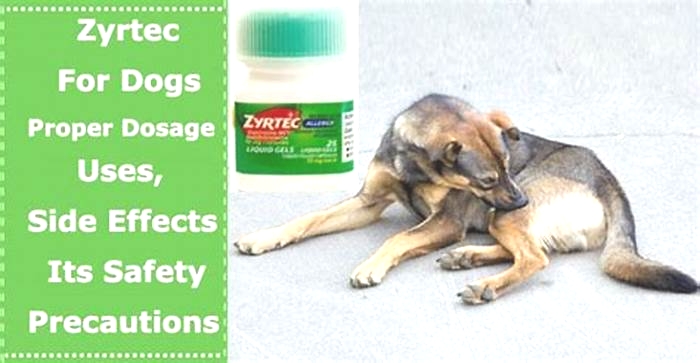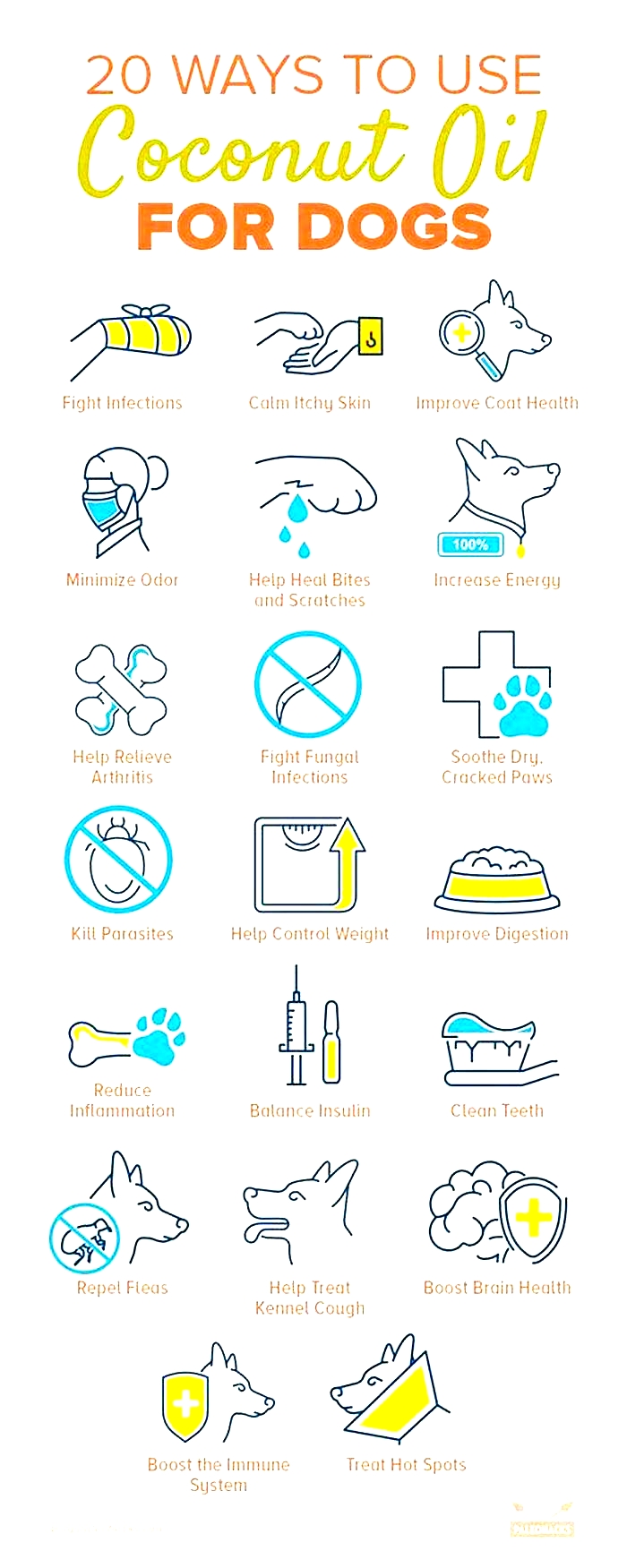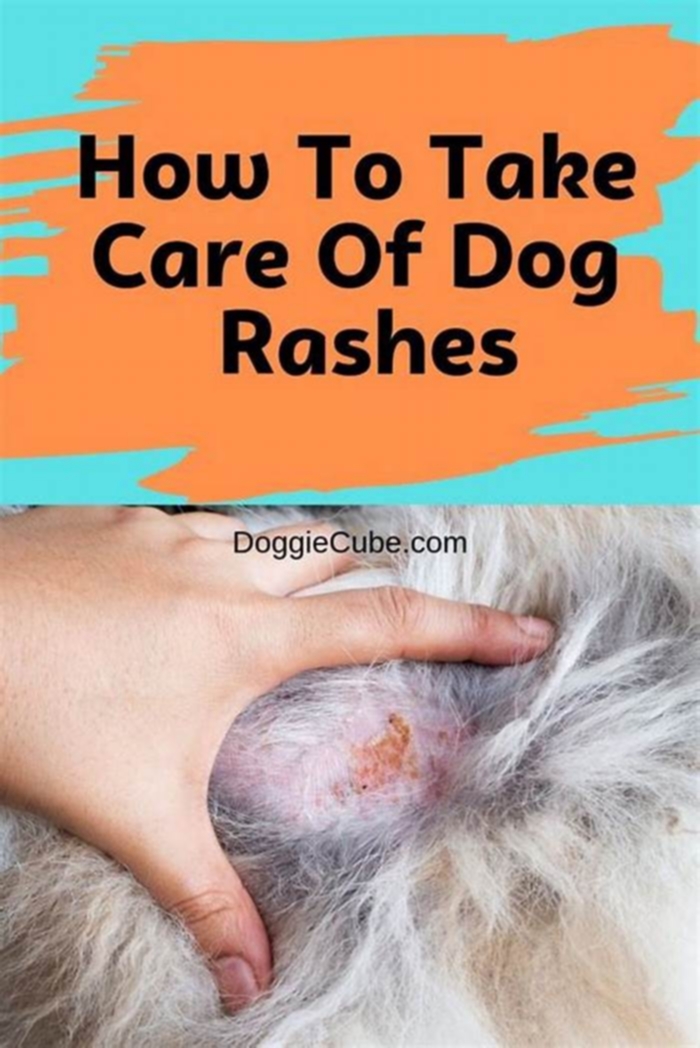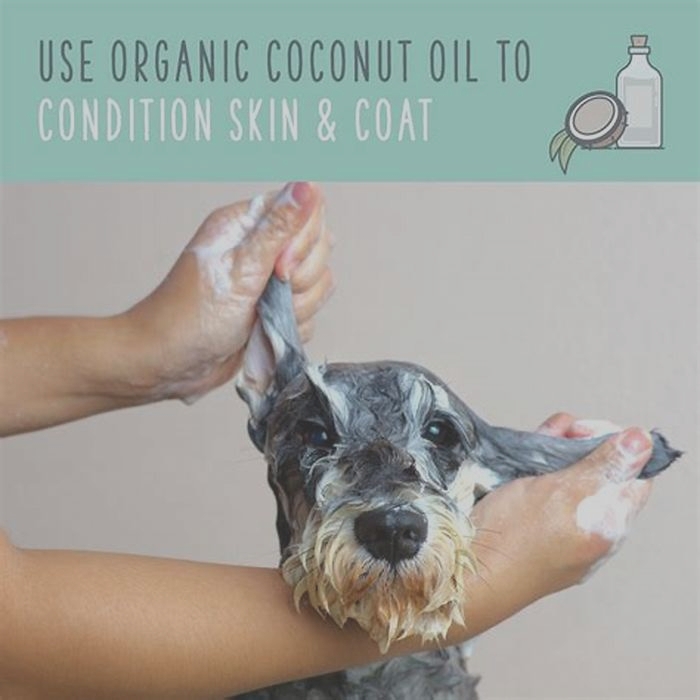Can I give my dog cetirizine

Cetirizine Hydrochloride for Dogs
Cetirizine hydrochloride, also known by its brand name Zyrtec, is a fairly new type of antihistamine that veterinarians have found useful in treating some canine allergies. Lets look at what cetirizine does, what its common side effects may be and in what instances its use is not recommended.
How Cetirizine Helps Relieve Canine Allergy Symptoms
As an antihistamine, cetirizine relieves allergy symptoms that are caused by overproduction of histamine, a chemical your dogs immune system produces in response to an allergen, which is anything that triggers an allergic reaction in your pet. Common canine allergens include dust mites, flea saliva and food ingredients.
Common canine allergy symptoms include:
- face rubbing
- itching
- skin irritation
- swelling
- paw or leg chewing
If initial symptoms are left untreated, secondary problems such as hair loss or skin infections can develop. In severe cases of allergic reaction, your dog can develop hives or he may go into anaphylactic shock, which is a life-threatening condition that requires immediate medical attention.
Cetirizine is especially effective at relieving a dogs canine atopic dermatitis or CAD. CAD is a condition in which your dogs inhaled allergy shows symptoms on his skin. Dogs with CAD usually show symptoms when they are between 1 and 3 years of age.
Symptoms of CAD include
- biting
- chewing at the feet
- hair loss
- head shaking
- irritated skin
- licking
- rubbing the muzzle
- scratching the armpits or groin
- thickened skin
Although any dog can develop CAD, there seems to be a genetic component to the condition. This means that some breeds are more prone to developing the condition than others. CAD-prone breeds include
- bulldogs
- Dalmatians
- golden retrievers
- Irish setters
- lhasa apsos
- Old English sheepdogs
terriers
How to Give Your Dog Cetirizine
Cetirizine is commonly administered as a once-daily tablet that your dog takes with or without food. The exact dosage will depend on your dogs weight, and the length of time he takes it will depend on the severity of his symptoms.
Do not attempt to administer this medication to your dog without discussing it with your veterinarian. Also, make sure to give your dog medications that only contain cetirizine; decongestant formulas of the medication contain ingredients that could harm your dogs health.
Cetirizine is considered a second generation antihistamine by veterinarians and physicians because it and other newer anthistamines are less likely to cause sleepiness in pets or people than the first generation antihistamines, which are well-recognized for their sedative effects.
Common Canine Side Effects of Cetirizine
Despite cetirizines second generation status, the most commonly reported side effect of cetirizine is drowsiness, which usually goes away as your dogs body adjusts to the daily dose of medication.
Other common side effects may include:
- constipation
- excessive salivation
- excitability
- urinary retention
- vomiting
If your dog begins vomiting, stop giving him the medication and contact your veterinarians office for additional instructions and the recommendation for a different type of antihistamine to treat his allergy symptoms.
When Cetirizine Should Not Be Given to an Allergic Dog
Ceterizine is considered safe for most dogs to take, but dogs with kidney problems should not take it because of the possibility of the medication causing urine retention and creating further complications with the pre-existing condition.
Cetirizine for Dogs
PetMDs medications content was written and reviewed by veterinary professionals to answer your most common questions about how medications function, their side effects, and what species they are prescribed for. This content shouldnt take the place of advice by your vet.
What Is Cetirizine?
Cetirizine is an over-the-counter anti-allergy medication for humans. It is used to manage symptoms of seasonal allergies (atopy) in dogs and is sometimes used in cats for itching and in horses for eosinophilic keratitis, an inflammatory eye condition.
Cetirizine is FDA-approved for human use under the brand name Zyrtec, Zyrtec-D (the D indicating the decongestant as this product contains pseudoephedrine) and as generic cetirizine.
Cetirizine is available in a wide variety of products, including single-ingredient tablets, combination-ingredient tablets, chew tabs, gel caps, oral syrup, and orally disintegrating tablets. It is important to note that Zyrtec-D, the combination product containing pseudoephedrine, is not safe for use in dogs or cats. Some liquid formulations may contain propylene glycol, which is toxic to cats. The orally disintegrating tablets may contain xylitol, which is toxic to dogs.
Cetirizine is currently not FDA-approved as a veterinary medication. However, it is readily utilized in the veterinary field, and veterinarians can legally prescribe certain human drugs in animals in certain circumstances. This is called extra-label or off-label use because this use isnt described on the drug label.
In certain circumstances, your vet may recommend a compounded formulation of cetirizine. Compounded medications are prescribed if theres a specific reason your pets health cant be managed by an FDA-approved drug, such as if your pet has trouble taking pills in capsule form, the dosage strength is not commercially available, or the pet is allergic to an ingredient in the FDA-approved medication. Compounded medications are not FDA-approved. They are created by either a veterinarian or a licensed pharmacist on an individual basis to best suit a patients particular needs. You can learn more about compounded medications here.
Cetirizine Considerations
Cetirizine should not be used in animals that are sensitive to the medication or other medications in the same antihistamine class, such as hydroxyzine. Giving cetirizine with certain medications can result in health risks to your pet, so it is important to discuss your pets medications, including vitamins and supplements, and medical conditions with your veterinarian.
How Cetirizine Works
In response to the presence of certain allergens (foreign proteins), the immune system releases histamine, a chemical messenger that triggers allergy symptoms. As an antihistamine, cetirizine works by blocking histamine receptors, thereby preventing the release of histamine throughout the body.
Cetirizine Directions
Follow the directions on the drug label or as provided by your veterinarian.
Cetirizine can be given with or without food, but giving it with food can decrease the risk of digestive upset.
Missed a Dose?
Speak with your veterinarian about what to do if you forget to give a dose of cetirizine. Generally, they may instruct you to give it when you remember, or if it is almost time for your pets next dose, to skip the missed dose and resume your normal dosing schedule. Do not give extra or double doses.
Cetirizine Possible Side Effects
Cetirizine is generally well tolerated in animals. Side effects are uncommon and may include:
Human Side Effects
Cetirizine is a medication for humans, frequently with dosages different from those prescribed for your pet by a veterinarian. Due to possible side effects, humans should never use medicine dispensed for their pets and pets should not be given any medicine dispensed for a humans use.
If you accidentally ingest a pet medication, call your physician or the national Poison Control Center hotline at 800-222-1222.
Call Your Vet If:
Severe side effects are seen (see above)
Your pets condition worsens or does not improve with treatment
You see or suspect an overdose
You have additional questions or concerns about the use of cetirizine
Cetirizine Overdose Information
Overdoses of cetirizine are rare. Signs of a cetirizine overdose may include hyperactivity, agitation, vomiting, sleepiness, dilated pupils, diarrhea, and elevated heart rate (tachycardia).
Overdoses of cetirizine products that contain pseudoephedrine, such as Zyrtec-D may be serious.
If you suspect an overdose, immediately contact your veterinarian, seek emergency veterinary care, or call an animal poison control center. Consultation fees often apply.
Pet Poison Helpline (855) 764-7661
ASPCA Animal Poison Control (888) 426-4435
Cetirizine Storage
Always confirm storage requirements by reading the prescription label.
Cetirizine should be stored at controlled temperatures from 68 to 77 F.
Keep the container tightly closed in order to protect its contents from moisture and light. Compounded medications should be stored according to the compounding pharmacys label.
Keep out of reach of children and pets.
Cetirizine for Dogs FAQs
Is cetirizine safe for dogs?
Cetirizine is considered safe for most dogs. Speak with your vet first to ensure this medication is appropriate for your dog. It is important to only use products that contain cetirizine as the sole active ingredient and avoid human combination products that contain other ingredients that may be toxic to animals.
Zyrtec-D, the combination product containing pseudoephedrine, is not safe for use in dogs or cats. Some liquid formulations of cetirizine may contain propylene glycol, which is toxic to cats. Cetirizine orally disintegrating tablets may contain xylitol, which is toxic to dogs.
Can dogs take cetirizine for allergies?
Yes. Dogs can take antihistamines including cetirizine for relief from allergy symptoms.
How much cetirizine can you give a dog?
With any medication, the safest way to know the proper dose for your dog is to ask your veterinarian. Your veterinarian will recommend the appropriate dose for your dog depending on their individual needs, other medications they may be on, and their age, weight, and breed.
No vet writer or qualified reviewer has received any compensation from the manufacturer of the medication as part of creating this article. All content contained in this article is sourced from public sources or the manufacturer.
Featured Image:Antonio_Diaz/iStock viaGetty Images Plus
WRITTEN BY
Molly Price, DVMVeterinarian
Dr. Molly Price has practiced small animal medicine for over 20 years and is a graduate of Texas A&M College of Veterinary Medicine. She...
Can I Give My Dog Zyrtec? What is the Correct Zyrtec Dosage for Dogs?
Last Updated on 06/29/2021 by Veronica Jones
Itching (pruritus) is a common symptom in many canine skin ailments. It can be quite incapacitating with a major impact on your pups life. Itching is a sign, not a diagnosis. The most common causes of canine itching are allergies, infections, and parasites. As a result, many owners will, at some point, as themselves, can I give my dog Zyrtec?. then, naturally, what is the correct Zyrtec dosage for dogs rather than humans?. Lets look at it all in greater detail.
What is Zyrtec?
Zyrtec (cetirizine) is a prescription medicine (antihistamine) that is used to treat itching (pruritus) that is associated with insect-bite reactions, urticarial, atopic dermatitis, hot spots, mange, excessive itching, hair loss, irritated or scaly skin, and excessive licking.
The response to Zyrtec in dogs, as with other antihistamines, is unpredictable and individualized.
Antihistamines should be administered as a preventive therapy, daily, to keep the histamine receptors blocked before histamine is released.
Here are the main things that the correct dosage of Zyrtec can help treat in your dog:
- Food allergies
- Flea Allergy Dermatitis
- Atopic Dermatitis (Atopy)
- Mange (Mites)
- Hot Spots
- Urticaria (Hives)
Food Allergies
If your dog has food allergies, she can start showing signs at any time, and it is usually a relentless problem.
Food allergy can also be episodic when your dog eats the bad food only periodically.
Food allergy is one of the main causes of pruritus (itching), which can vary in severity.
This condition can be accompanied by gastrointestinal signs.

Itchiness will start within several hours after eating allergy-triggering food.
Pups fed in the morning may tend to scratch or lick more in the afternoon or early even.
If your dog eats allergy-triggering food in the evening, she may scratch all night.
Itching caused by food allergies is most common on the ears, rump, inguinal region, armpits, face, and feet.
But about twenty-five percent of dogs with food allergies will only have signs of itchy ears.
Zyrtec will help treat and manage the condition if the correct dosage is administered.
Skin Conditions
Skin conditions are unfortunately very common in canines.
When your pups skin protective barrier is damaged, this leaves the entire body susceptible to infections as well as other ailments.
Many of these conditions begin with an allergy. There are three main ways that allergies manifest in a canines skin.
Flea Allergy Dermatitis
This is one of the most common canine skin ailments.
It is the development of pruritic skin disorder in dogs usually associated with allergic hypersensitivity to the saliva injected by the bite of a flea.
It causes itching and scabbing at the base of the tailor behind the ears.
Recommended Article:Benadryl For Dogs Can You Give Your Dog Generic Benadryl
Your pup doesnt need a huge flea burden to develop a reaction.
She can easily develop a flea allergy if she only has one or two fleas on her body.

Atopic Dermatitis (Atopy)
Atopy is the second most common allergic skin disease in dogs.
It is caused by a general hypersensitive or allergic reaction to an environmental or indoor allergen.
This includes dust, pollen, and mites among other things. Many of these microscopic allergens penetrated through the skin directly.
This is a common problem suffered by canines that have a skin barrier defect. This can lead to itching, especially in the folds of the skin and flanks.
It can easily progress into generalized dermatitis. Correct dosage of Zyrtec will help with your pups recovery.
Mange (Mites)
This is a skin disease in canines that is usually caused by two types of mites (scabies or Demodex).
Demodectic mange is the most common of the two mites. Demodex mites are typically found on all canines and dont usually cause serious problems.
Butt when your pups immune system is compromised, the Demodex mites can thrive and cause skin damage and hair loss.
This is often followed by secondary bacterial infections and itching.
Pups with Demodex dont often itch at the onset of the conditions.
What you will see in most cases are spots of hair loss on the face.
Scabies (Sarcoptes); on the other hand, is caused by a burrowing mite and it is less common.
It is extremely itchy and often caught from other infected dogs. Sarcoptes can be passed to people as well.
Hot Spots
Another common skin condition that your pup can suffer from is hot spots.
They normally appear as a discrete moist patch of skin with hair loss that can be caused by anything that irritates your dogs skin like infections, wounds, and flea bites. Your dog is likely to chew at her skin, which irritates the area more, leading to further infection.
Hot spots can spread throughout the body. You can relieve your dog of this condition with a correct Zyrtec dosage.
Urticaria (Hives)
This is a canine skin condition that is defined by raised skin welts that are red.
The swollen welts are normally caused by an allergic reaction (from direct contact with molds, pollens, food, insect bites) and they can appear on the ears, throat, tongue, lips, and even the face.
The welts make the hives feel very itchy. Most cases of hives are self-limiting, but they can be a serious issue if left without treatment.
Is Zyrtec Good for Dogs?
As a quick reminder, you should always consult with your veterinarian before giving any dosage as Zyrtec can have bad reactions in some rare cases.
According to veterinarians, Zyrtec is generally well tolerated by pups and has a wide margin of safety.
It can help pups experiencing environmental allergies and allergic reactions to stings or insect bites.
It is considered a mild sedative and may help your dog with motion sickness.
It is important to note that not all prescription containing Zyrtec is safe for your dog to use.
Liquid subscriptions for colds normally contain high alcohol content that may be unsafe for your pup.
Also, if your pup is experiencing facial swelling or difficulty in breathing, you should seek the assistance of your local vet.
What is the Correct Zyrtec Dosage for Dogs?
The standard and correct dosage for Zyrtec is determined by your dogs weight.
Give your dog half a milligram (0.5 mg) per pound weight of your pups overall body weight.
You can give your dog Zyrtec two to three times a day. The Zyrtec dosage should not exceed 10 to 20 milligrams in a single day.
Cetirizine is labelled as a once-daily dosage for humans and may have the advantage of once-daily administration in dogs.
Here is a good example of administering Zyrtec to your dog and getting the dosage correct:
- A 100-pound dog should be given a maximum of 20 mg a day, an equivalent of two 10 mg tablets
- A 50-pound pup should be given a maximum of 20 mg per day, an equivalent of two 10 mg tablets
- A 20-pound dog should be given a maximum of 10 mg a day, which is equal to two 5 mg tablets or one 10 mg tablet
- A 10-pound pup should be given a maximum of 5 mg per day, an equivalent of one 5 mg tablet
- A 5-pound dog should be given a maximum of 2.5 mg in a day, which is the same as half a 5 mg tablet
If you are dealing with a small breed dog, you would most likely need a pill cutter for cutting half tablets. This will help maintain the accuracy of the dosage.
What About Zyrtec-D?
Zyrtec-D is considered unsafe for dogs and you are advised to avoid it by all means.
This specific prescription contains pseudoephedrine, which is a synthetic ingredient that works wonders for humans, but not dogs.
This is so since pseudoephedrine is known to stimulate seizures and increase blood pressure in canines.
It can lead to severe hypertension and even organ failure in extreme cases.
Zyrtec Poisoning and Side-Effects
Zyrtec is a well-known brand name utilizing cetirizine, one of the earliest antihistamines.
But it is important to go through the labels and make sure that the prescription doesnt contain dangerous ingredients like pseudoephedrine.
Make sure you have the correct dosage as administered by your dogs veterinarian.
Although Zyrtec is generally considered safe for canines, some side effects can occur, such as:
- Excitability
- Lack of appetite
- Drooling
- Depression
Take precautions when administering the drug to dogs with pregnancy, glaucoma, disease (liver, kidney, or heart), difficulty urinating, or seizure.
As much as you try to give the correct dosage (0.5 mg per pound of weight), your dog may still get an overdose.
Overdoses usually occur when your pooch gets into the medication box due to curiosity. So, be on the lookout for:
- Muscle tremors
- Difficulty in breathing
- Agitation
- Aggression
If your pup consumes a large amount of Zyrtec or if she is having a reaction to a prescription for this medication, gather all the info and present it to your pups veterinarian.
The adverse side effects of antihistamines include depression, vomiting, and diarrhea.
But these effects are features of first-generation antihistamines and are rarely seen with second-generation medication like Zyrtec.
What is the Difference Between First and Second Generation Antihistamines?
Although first-generation antihistamines (Benadryl) often provide effective treatment for itching in dogs, such compounds normally produce side effects, such as drowsiness, dry mouth, rapid breathing, hypersalivation, and urinary retention.
The use of first-generation antihistamines; however, is discouraged for dogs.
Second-generation antihistamines (cetirizine or Zyrtec) have improved safety profiles when compared to the first-generations.
This is because the second-generations have increased specificity for the H-1 receptor.
In general, second-generation antihistamines tend to have more favorable pharmacokinetics compared to first-generation medications.
They have rapid and near-complete absorption and a relatively long half-life that allows for daily dosing.
Holistic Tips for Treating Itching
If your pup has preexisting problems that can prevent her from using Zyrtec, you can always consider holistic remedies.
Address Your Dogs Diet
You need to review your pups diet and assess the situation for the possibility of a leaky gut syndrome.
This means the lining of the intestinal tract is penetrable to substances that would not normally enter the body in the digestive tract.
Processed foods containing genetically modified ingredients are among the most common reasons for leaky guts in dogs.
So, if your pup is allergic, you should transition her to a less inflammatory diet. Nutrition that is high in carbs is usually inflammatory.
Your allergic dog diet should be very low in grain content. The food label needs to say no corn, no soy, no wheat, no rice, no pea, and no lentil.
You should also consider keeping your pooch away from foods that can increase or manifest an inflammatory response.
Provide a Source of Omega 3
Omega 3 fatty acids from coldwater fish oil are packed with DHA and EPA. These nutrients help decrease itching as well as inflammation in dogs.
Your pup can also get enough omega 3 from flaxseed. Fatty acids of omega 3 block the enzymes involved in the action of omega 6 and can lessen inflammation in the skin.
You can also consider coconut oil because it is rich in lauric acid, which has great anti-fungal properties.
Pure Drinking Water
Water is involved in nearly every process in your dogs body.
It is involved in digestion, absorption, circulation, and elimination, making it the primary source of transporting nutrients throughout the body.
Good quality water is necessary for your pups health. Dont use water that contains fluoride, heavy metals, or a lot of chlorine, which can damage the kidney, liver, cardiovascular system.
Protect Your Pups Immune System
Canine allergies are usually an overreaction of the immune system. So, you have to protect the immune system of your dog to help avoid overreactions.
This means you need to avoid giving your pooch unnecessary veterinary drugs and vaccines.
Remove Allergens from Your Pups Body
You can help treat your dogs itching by showering her twice a day. This will help wash off the allergens from your pups body.
A shampoo shower can provide quick relief for inflamed or irritated skin. You will also be able to prevent secondary bacterial infections.
All these holistic approaches will ensure the correct Zyrtec dosage works effectively.









